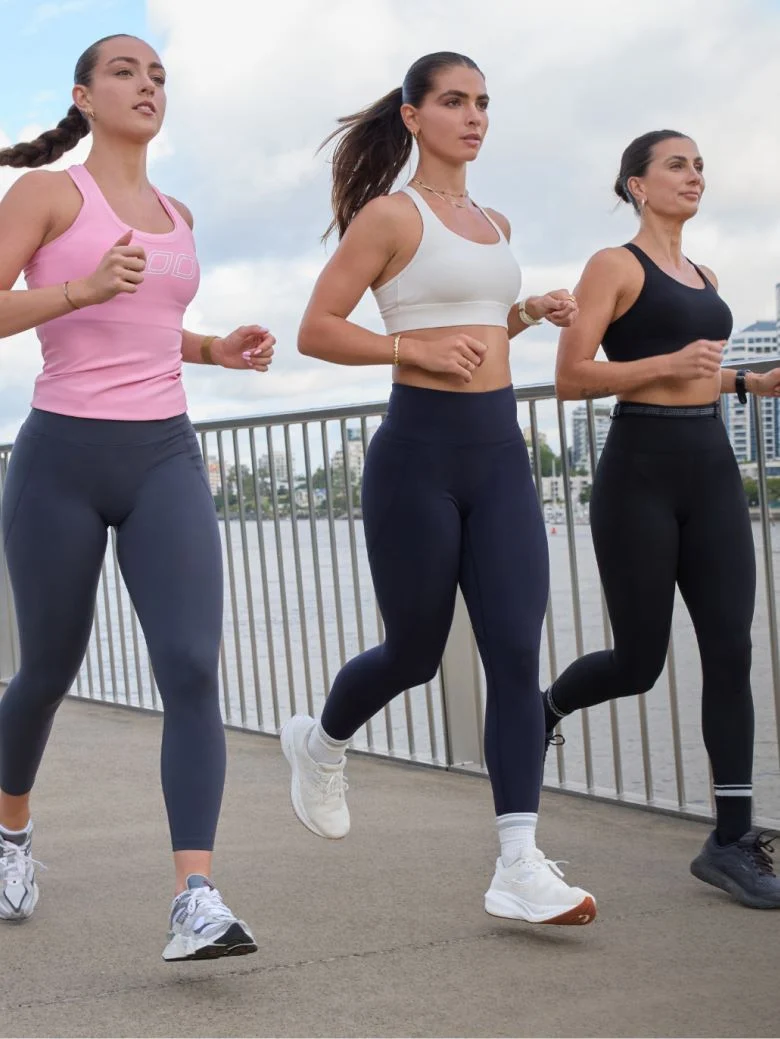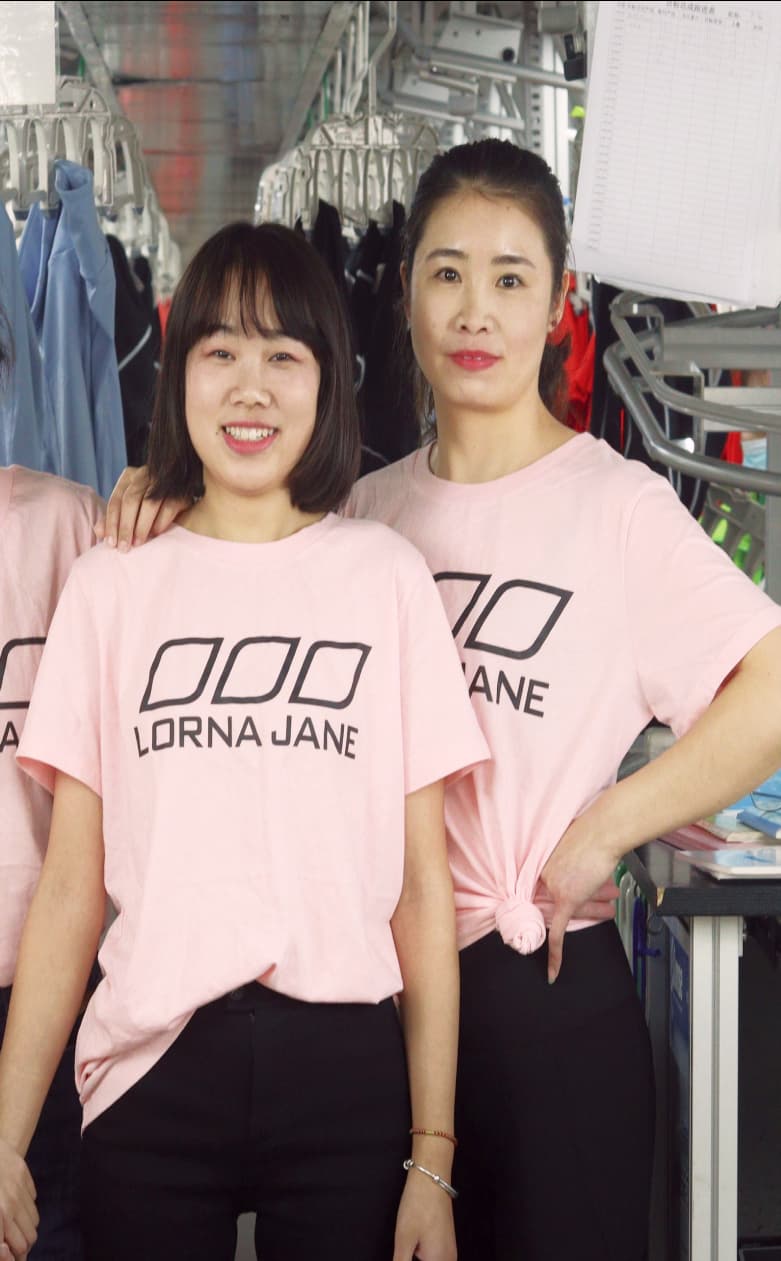At Lorna Jane, we believe in the importance of paying a living wage—a wage that, according to the Anker methodology, is calculated to meet the basic needs of workers and their families, including food, housing, healthcare, education, and some discretionary income. Unlike a minimum wage, which is often legally mandated but may not cover all essential living expenses, a living wage is intended to ensure that workers can maintain a decent standard of living.

Our Commitment to Living Wages
Lorna Jane is proud to provide a living wage* to all workers in our primary factory**, underscoring our commitment to fair and ethical labour practices. An independent audit in 2023 by Bureau Veritas confirmed that living wages are implemented for 100% of workers. This milestone demonstrates our dedication to fair wages and includes regular monitoring and engagement with suppliers for continuous improvement. Additionally, Lorna Jane has partnered with Oxfam for a Living Wage Gap Assessment, which validated our audit methodology.
However, we acknowledge the complexities involved in achieving this goal, particularly in global supply chains where economic conditions and cost structures can vary widely. We are fortunate to be in a unique position through our strategic partnership with Active Apparel Group (AAG), who own and operate their factory. This ownership allows us to ensure that living wages are paid, as we have direct oversight and influence over labour practices.
While we are able to secure a living wage for workers in our primary supply chain, we recognise that this is a challenging goal for many in the industry. It requires collaboration, commitment, and ongoing efforts to address the broader systemic issues that contribute to wage disparities. At Lorna Jane, we are committed to continuing this work and advocating for fair wages across the fashion industry.
*Living wages: According to the Anker methodology, a living wage is calculated to meet the basic needs of workers and their families, including food, housing, healthcare, education, and some discretionary income. This commitment goes beyond the minimum wage, which is often legally mandated but may not fully cover essential living expenses.
**Our primary factory produces X% of our apparel range. They are unable to produce true knits, puffer jackets or denim at this stage and therefore we source these from other factories who are socially compliant.

Key Objectives of Our Traceability Strategy
At Lorna Jane, we are proud to announce that X% of our apparel is sourced from Ningbo Longson Garments, where we ensure that 100% of the staff are paid a living wage. According to the Anker methodology, a living wage is calculated to meet the basic needs of workers and their families, including food, housing, healthcare, education, and some discretionary income. This commitment goes beyond the minimum wage, which is often legally mandated but may not fully cover essential living expenses.
Our ethical practices are further supported by our strategic decision to consolidate our supply chain, focusing as much as possible through Ningbo Longson Garments. This consolidation allows us to maintain a simple and transparent supply chain, ensuring greater control over the ethical standards in our production processes. Because our partner, AAG, owns their factory, we can directly oversee labour practices and guarantee that all workers are paid a living wage.
To further address wage disparities within our supply chain, Lorna Jane has partnered with Oxfam to conduct a Living Wage Gap Assessment. Oxfam independently reviewed and endorsed the wage audit methodology used by Bureau Veritas, ensuring its credibility and alignment with industry best practices.
Moving forward, we will commission an independent third-party audit each year to verify that living wages continue to be paid, maintaining our commitment to continuous improvement and ethical labour practices.
















